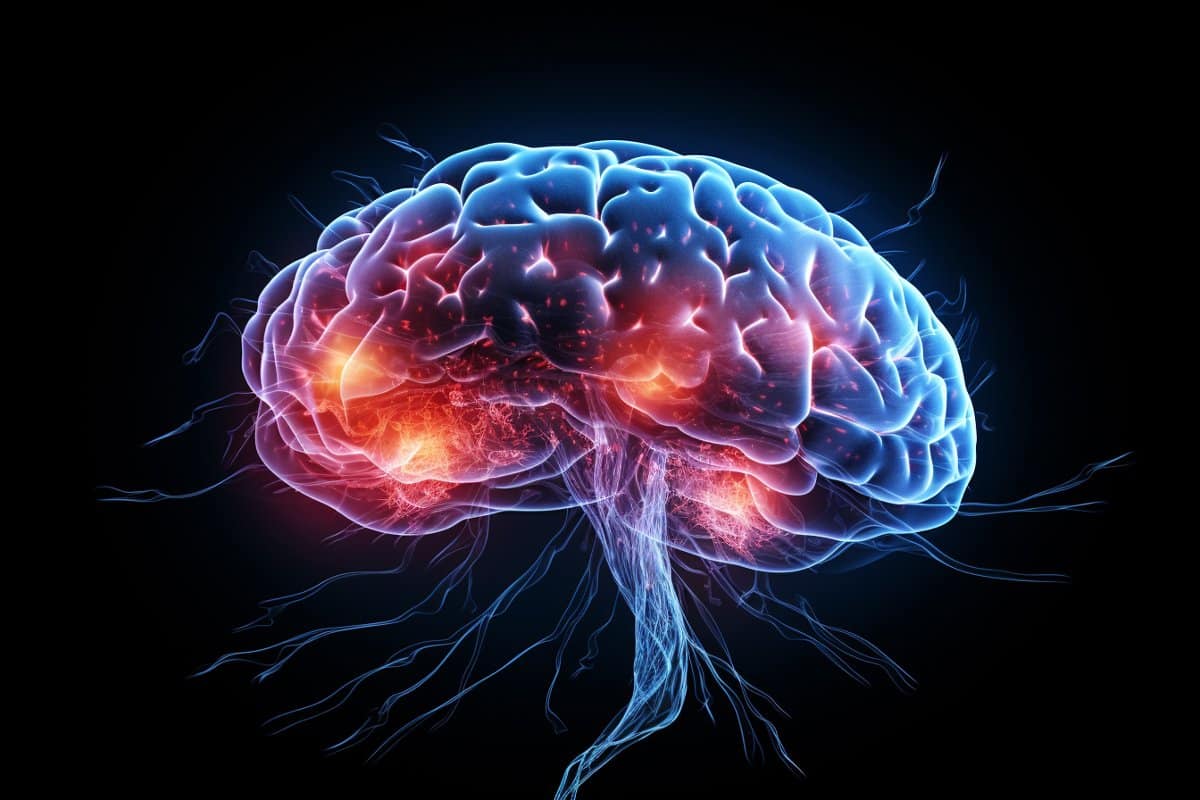
ASSUMPTIONS
- Information is processed through the same route in all humans: input-process-output, similar to how information is processed in computers.
- People have individual differences in their cognitive processing, such as attention, language, thinking and memory. These processes can also help to explain behaviour and emotion.
THE FOUR COGNITIVE PROCESSES
ATTENTION
Attention is crucial for processing sensory information, filtering out unnecessary information to focus on the most important. When we become bored, we struggle to pay attention to the outside world and may focus more on internal thoughts, such as daydreams.
LANGUAGE
Humans use language for communication, encoding and storing information, and experiencing an inner voice. This complex use affects perception, memory, and conscious thought, affecting our inner voice.
THINKING Cognitive processing, often automatic and effortless, is referred to as System 1 thinking by Kahneman (2011). This can lead to errors due to insufficient information use and reliance on past experiences. System 2 thinking, more logical and effortful, is more effective but can result in miscarriages of justice.
MEMORY
Memory involves three cognitive processes: encoding, storage, and retrieval. Information is encoded in visual, acoustic, and semantic ways. Short-term memories last up to 30 seconds when paying attention. Atkinson and Shiffrin's Multistore Model suggests long-term storage requires conscious linkage with long-term memory. However, much memory is intrinsic, meaning information can be stored without conscious effort. Individual differences in cognitive processing Cognitive abilities vary significantly among individuals, with some struggling with attention, causing concentration issues and reading difficulties, while others exhibit exceptional focus and focus.
ISSUES AND DEBATES
APPLICATIONS TO EVERYDAY LIFE
Real-world applications of research include teaching and learning recommendations, workplace performance improvement, supporting neurodiverse students and employees, and advising police on interviewing witnesses.
INDIVIDUAL VS SITUATIONAL
Long-term memory plays a crucial role in individual differences, as it stores information that can be processed differently due to situational factors like limited cognitive capacity and varying responses to others.
NATURE VS NURTURE
Cognitive skills are influenced by genetics, and social and cultural experiences, and can vary in processing information over time.